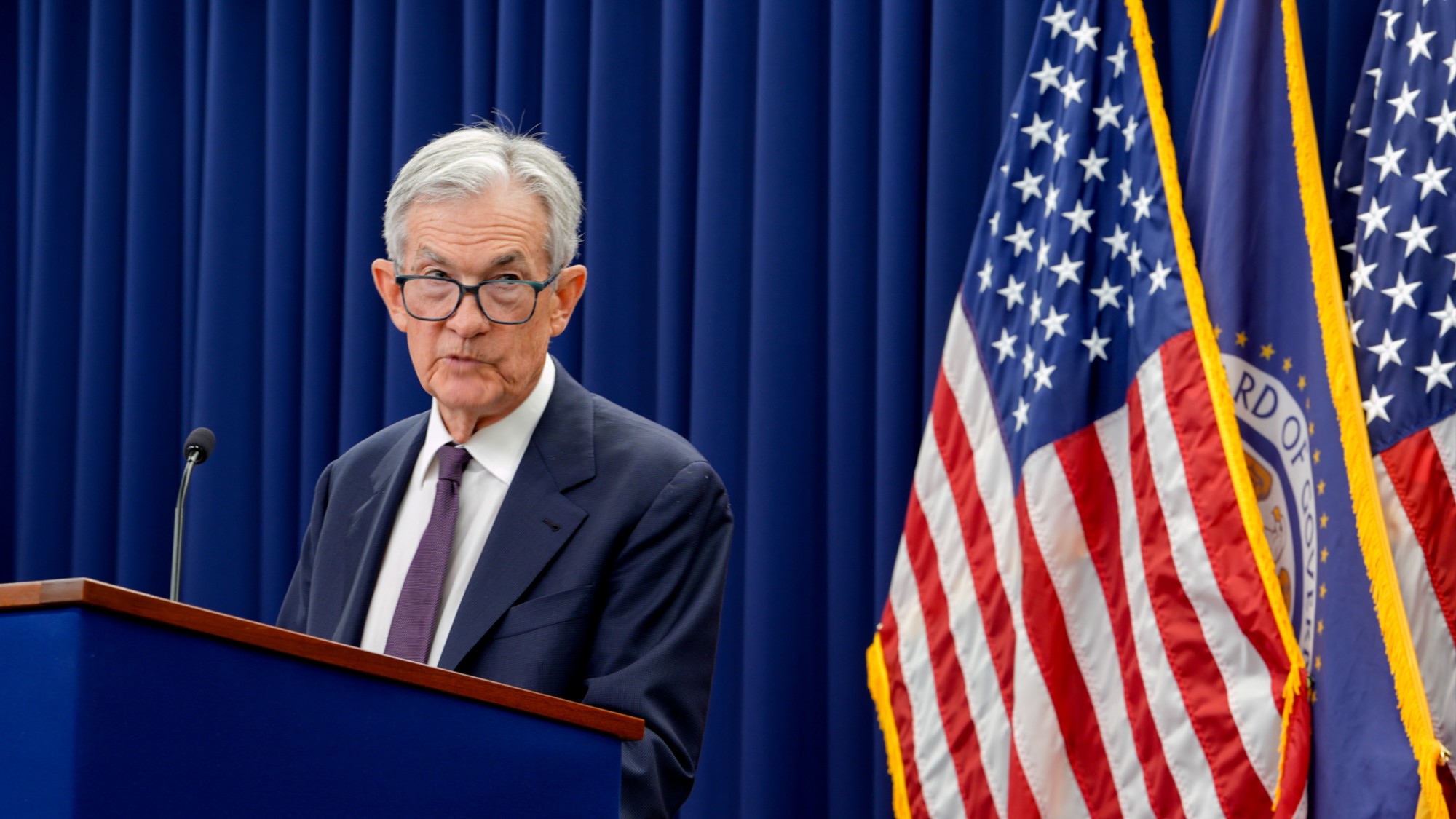Mexico's president will skip 1st U.S.-hosted Summit of the Americas since 1994

A free daily email with the biggest news stories of the day – and the best features from TheWeek.com
You are now subscribed
Your newsletter sign-up was successful
The ninth Summit of the Americas officially began Monday in Los Angeles, marking the first time the U.S. has hosted the meeting of North American, South American, Central American, and Caribbean leaders since the inaugural pan-American summit in 1994.
The theme for this years' summit is "Building a Sustainable, Resilient, and Equitable Future." President Biden, who arrives at the summit on Wednesday, plans to focus on crafting a cooperative economic vision for the Americas, fighting climate change, tackling food insecurity, tightening supply chains, preparing for the next pandemic, and managing migration. But the summit's agenda has so far been overshadowed by drama over its guest list.
Mexican President Andrés Manuel López Obrador confirmed Monday that he will not attend the summit, citing Biden's decision not to invite Cuba, Venezuela, or Nicaragua. López Obrador has been the central figure in a push by mostly leftist leaders to get the three excluded nations re-invited, and the White House said his decision to send the Mexican foreign minister instead was not unexpected. But his snub could convince some leaders in Central America and the Caribbean to stay home as well.
The Week
Escape your echo chamber. Get the facts behind the news, plus analysis from multiple perspectives.

Sign up for The Week's Free Newsletters
From our morning news briefing to a weekly Good News Newsletter, get the best of The Week delivered directly to your inbox.
From our morning news briefing to a weekly Good News Newsletter, get the best of The Week delivered directly to your inbox.
"We do not believe that dictators should be invited," White House Press Secretary Karine Jean-Pierre said Monday. She said at least 23 heads of government will attend the summit, "on par with what we've had in the past."
Only 17 of the region's 35 leaders attended the last Summit of the Americas in Peru in 2018. Former President Donald Trump was among those who opted not to go, though his administration then offered in 2019 to host the next summit.
Analysts said the no-shows could undermine Biden's goal of mending ties in a region neglected by recent administrations and increasingly open to overtures from China.
"The region is in serious economic distress, and its economic struggles are eroding support for democracy," Benjamin Gedan, head of the Wilson Center's Latin America Program, tells Politico. "Biden's election generated high expectations for U.S. reengagement in the region, and so far, most everyone has been disappointed." It's not too late to fix that, added former U.S. envoy Bernard Aronson, "but if you look at what Biden's got on the plate elsewhere — an administration can only do two or three big things at a time. He's got Ukraine, Iran, China, inflation. I don't think he has a lot of bandwidth available given what's on his plate."
A free daily email with the biggest news stories of the day – and the best features from TheWeek.com
Peter has worked as a news and culture writer and editor at The Week since the site's launch in 2008. He covers politics, world affairs, religion and cultural currents. His journalism career began as a copy editor at a financial newswire and has included editorial positions at The New York Times Magazine, Facts on File, and Oregon State University.
-
 Minnesota's legal system buckles under Trump's ICE surge
Minnesota's legal system buckles under Trump's ICE surgeIN THE SPOTLIGHT Mass arrests and chaotic administration have pushed Twin Cities courts to the brink as lawyers and judges alike struggle to keep pace with ICE’s activity
-
 Big-time money squabbles: the conflict over California’s proposed billionaire tax
Big-time money squabbles: the conflict over California’s proposed billionaire taxTalking Points Californians worth more than $1.1 billion would pay a one-time 5% tax
-
 ‘The West needs people’
‘The West needs people’Instant Opinion Opinion, comment and editorials of the day
-
 The ‘mad king’: has Trump finally lost it?
The ‘mad king’: has Trump finally lost it?Talking Point Rambling speeches, wind turbine obsession, and an ‘unhinged’ letter to Norway’s prime minister have caused concern whether the rest of his term is ‘sustainable’
-
 Trump sues IRS for $10B over tax record leaks
Trump sues IRS for $10B over tax record leaksSpeed Read The president is claiming ‘reputational and financial harm’ from leaks of his tax information between 2018 and 2020
-
 Trump, Senate Democrats reach DHS funding deal
Trump, Senate Democrats reach DHS funding dealSpeed Read The deal will fund most of the government through September and the Department of Homeland Security for two weeks
-
 Fed holds rates steady, bucking Trump pressure
Fed holds rates steady, bucking Trump pressureSpeed Read The Federal Reserve voted to keep its benchmark interest rate unchanged
-
 Judge slams ICE violations amid growing backlash
Judge slams ICE violations amid growing backlashSpeed Read ‘ICE is not a law unto itself,’ said a federal judge after the agency violated at least 96 court orders
-
 Rep. Ilhan Omar attacked with unknown liquid
Rep. Ilhan Omar attacked with unknown liquidSpeed Read This ‘small agitator isn’t going to intimidate me from doing my work’
-
 Democrats pledge Noem impeachment if not fired
Democrats pledge Noem impeachment if not firedSpeed Read Trump is publicly defending the Homeland Security secretary
-
 The billionaires’ wealth tax: a catastrophe for California?
The billionaires’ wealth tax: a catastrophe for California?Talking Point Peter Thiel and Larry Page preparing to change state residency
